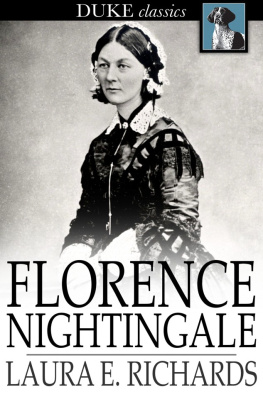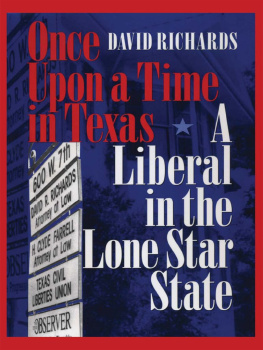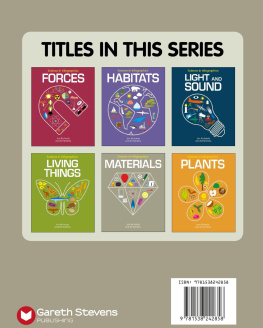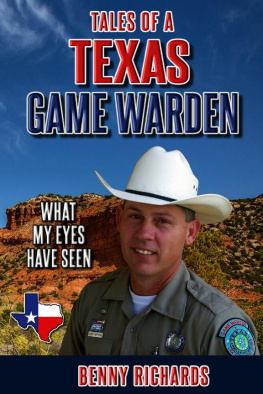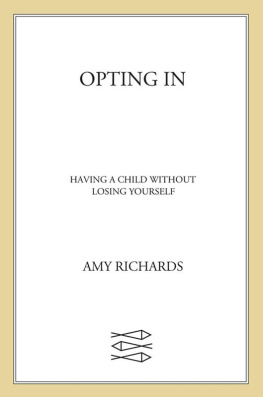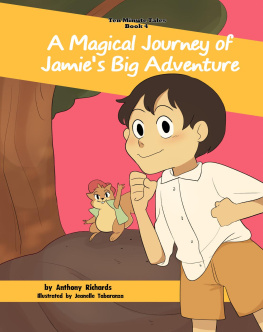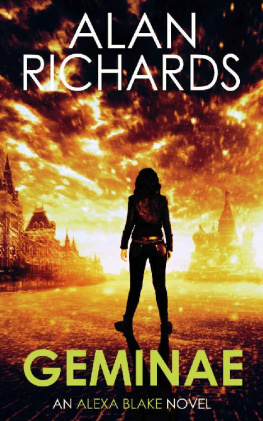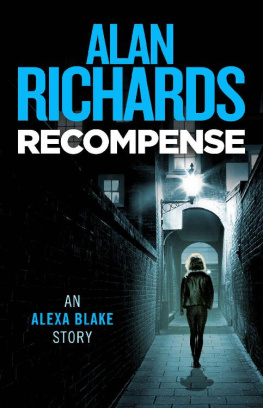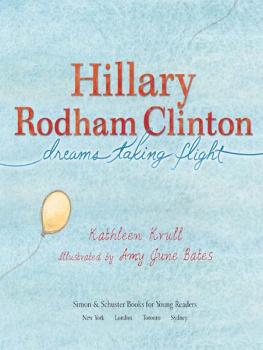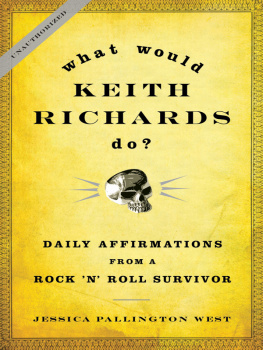Contents
Guide
To Kirk, Hannah, Daniel, and Lily. And to Mom and Dad for getting this whole party started.
INTRODUCTION

L ittle lady, you are just trying to make trouble.
That was my sixth-grade teacher, Mrs. Powers, at University Park Elementary School in Dallas, Texas. She had spent the past fifteen minutes conducting an interrogation: Why was I refusing to recite the Lords Prayer with the rest of the class?
Im not even sure I knew that it was unconstitutional to have us start each day with the Lords Prayer. Thanks to the First Amendment to the US Constitution, we dont practice religion in public school. But by God, my class did, right after the Pledge of Allegiance. That morning, though, I didnt want to. When Mrs. Powers asked me why I wasnt participating, I said calmly, We dont read the Bible in my house. Mrs. Powerss eyes flew open. I could see from her stricken look that she had taken my honesty for rudeness. I suppose in a way it was.
My family wasnt religious, not in a traditional sense, but we did go to the Unitarian church, which was a home away from home for families like ours in Dallasour own little bunker in the middle of the crazy culture war of the 1960s, and the heart of the local antiVietnam War movement. Folks in our congregation were involved in everything from organizing workers to form unions, to the local radical newspaper, which my dad happened to be defending in court. Religion was cool with me; it just didnt include the Lords Prayer. It was pretty obvious from Mrs. Powerss reaction what she thought about that. There was no hope for me; clearly I was headed for a life of crime.
Up until then I was the classic all-As first child. I lived to make my parents proud of me, which meant sticking to certain rules. I was the kid who never got in troublea trait that annoyed my younger brother Dan to no end. But the shame and humiliation of being called out in front of my class by Mrs. Powers was an eye-opener. In that moment I realized something: my parents werent the only ones who didnt fit into the buttoned-up, conservative Dallas culture. I didnt fit in either.
It was the first time I remember having to decide: Do I accept things the way they are, or do I question authority? I chose the latter, and from that point forward I was branded a troublemaker. I wore the designation like a badge of honor. Ive been making trouble ever sincewhich, to me, means taking on the powers that be, being a thorn in someones side, standing up to injustice, or just plain raising hell, with a very clear set of values as my guide.
Sometimes being a troublemaker can be pretty awesome. After all, it was one of the great troublemakers of all time, Emma Goldman, who said, If I cant dance, I dont want to be part of your revolution. Other times its scary and carries big risksthe risk of losing your friends, your reputation, your job, or all of the above.
Over the years Ive had the good fortune to meet troublemakers from all walks of life: nursing-home workers in East Texas, janitors in Los Angeles, members of Congress, organizers and activists of every age on the front lines of the struggle for justice. I watched in awe as my mother, Ann Richards, went from frustrated housewife to governor of Texas, against all odds. That was one of the things that drew me to Planned Parenthood, the provider of womens health care I ran for twelve years: its history is the history of brave, troublemaking women (and a few good men) who risked their reputations and even their lives to change things. We fellow travelers have a way of finding each other, whether we set out to or not.
This book is the story of the people who have taught me about mustering the courage and defiance to fight injustice, because it can be really hard to do when people in the world like Mrs. Powers make you feel small. The truth is, anything worth doing has its challenges. Hopefully, these stories will inspire you to think how you might bring about change in your neighborhood or even in the wider world. And, yes, fighting for what you believe in can be discouraging, defeating, and sometimes downright depressing. But it can also be powerful, inspiring, fun, and funnyand it can introduce you to people who will change your life. Thats the message I want to spread far and wide. Thats why I wrote this book.
I started my career organizing women who were working too hard for too little money to start a union so they could stand up to their powerful employers. In different jobs, I have figured out that there are countless ways to do what is right and help all people live a full and decent life.
Can you be an activist? Of course you canwhether its the work you do for a living when you grow up or whether it ends up as more of an extracurricular activity on the side. But you dont have to wait that longyou can start right now. Maybe you care about families who live in poverty and are struggling to get by, or maybe you worry about making sure that none of your classmates ever go hungry. Maybe youre concerned about the endangered animals that are threatened by our rapidly warming planet, or maybe you want your school and neighborhood to be safe from gun violence. I hope this book will inspire you to get out there and do something about it, to resist policies that hurt our communities and fight for those that help. In my lifetime, these causes have been most often championed by the Democratic Party. Theyve been labeled progressive, liberal, left-wing, or even radical. But its never seemed radical to me that everyone deserves an equal shot to thrive and a seat at the table. The Republican Party, especially the far right wing, has often opposed these causes. So we fight. Not using violence, but using our voices and our votes. Sometimes justice comes when we knock on doors, make phone calls, and persuade people to cast a ballot. Sometimes thats not enough. Just dont forget: to make a difference, you have to make a little trouble.

Raised to Make Trouble
I ve been training for the resistance my whole life. I was raised by troublemakers. Neither of my parents ever backed away from a righteous fight.
My father, David Richards, is a civil rights attorney whose career has been rabble-rousing. And Mom? When she was coming up in Waco, Texas, girls were expected to set their sights no further than the homethey should grow up to become good wives and mothers. Mom rebelled against those expectations and willed herself to become the first woman elected in her own right as governor of Texas. She believed she was put on this earth to make a difference.
My folks grew up in the hard-core Baptist environment of Waco, high school sweethearts from different sides of town. Moms parents were country folk from humble beginnings who worked long and hard for everything they had. They were survivors of the Great Depression of the 1930s, when millions of Americans lost their jobs and their homes and went hungry. Her fatherCecil, for whom Im namedtraveled to small-town drugstores throughout central and western Texas selling medicines. Poppy, as I called him, was well over six feet tall, with a gentle way about him. He never graduated from high school, yet his street smarts and keen sense of people made him a natural salesman. He always had some hilarious way of stating the obvious. Thats no hill for a stepper was a favorite. In other words, You can overcome anything if youre determined.


